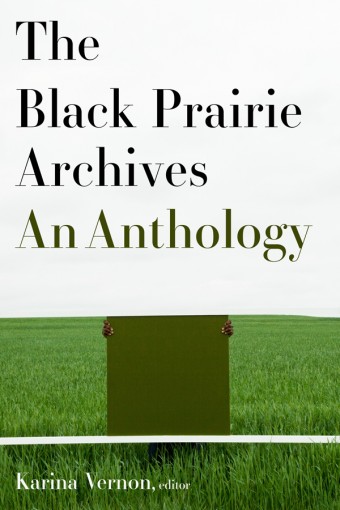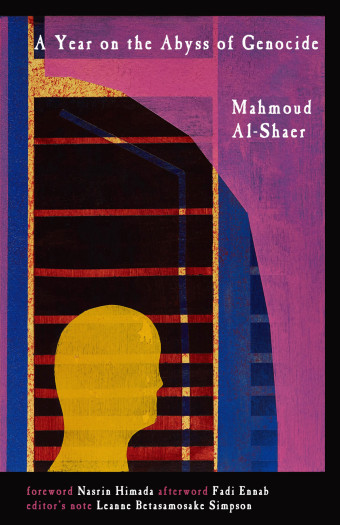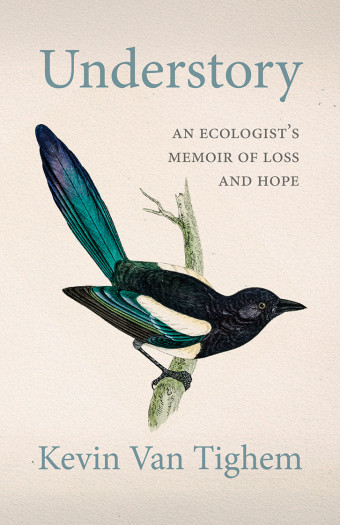The literary tradition of the Prairies – at least, the way it has often been presented in popular culture and in classrooms – has typically not included Black writers or histories. The Black Prairie Archives: An Anthology radically transforms what Prairie literature looks and sounds like, and establishes a Black Prairie literary tradition.
Edited by Karina Vernon, associate professor and associate chair in English and graduate studies at the University of Toronto, the book includes the writings of 19th-century Black fur traders and pioneers (published for the first time) along with contemporary writing in genres as diverse as letters, recipes, oral literature, autobiographies, rap, fiction, and poetry.

- The Black Prairie Archives
- Karina Vernon (Editor)
- Wilfrid Laurier University Press
- $44.99 Paperback, 580 pages
- ISBN: 978-17-71123-74-7
Vernon explains that the idea for the project was sparked by a chance encounter she had in the library.
“I came upon a 19th-century travelogue that described a Black paddler named Daniel Williams canoeing down the North Saskatchewan River in 1873. It turned out that Williams kept a diary and wrote at least one letter that survived. I wondered if there might be more.”
This sent her on a research journey across the Prairies to municipal and provincial archives looking for “anything I could find written by people who may or may not have identified as ‘Black,’ as ‘Prairie people,’ or even as ‘writers,’ ” she says. “What I uncovered was a substantial archive of writing that spans 1872 to the present.”
It took 15 years for the project to reach completion. The assistance and the permission of the authors, their families, and communities were central.
“I was fortunate to have been assisted by some wonderful archivists and community knowledge keepers who guided my research, told me about writers and Black Prairie communities that I was unaware of, and who generously helped me with the permissions process,” says Vernon.
“Knowledge of Black Prairie history and culture has been kept alive largely by the Prairies’ matriarchs: Velma Carter, Wanda Leffler Akili, Gwen Hooks, Cheryl Foggo, Junetta Jamerson, and Crystal Mayes, among others.”
In the process, Vernon learned about what a Black archive really is. “As I say in the book, this archive isn’t Black by virtue of the fact that I as editor am Black, or that the authors included identify as people of the African diaspora. It is ‘Black’ by virtue of the reciprocal relationships, trust, and permission that enabled the archive to come into public being.”

In addition to the works themselves, the book includes introductory notes about each writer and notes to help readers engage with the literature. “I hope the readers will understand that the Prairies is a Black space – it is connected to the Black Atlantic world and has been since the beginning of the period of non-Indigenous arrival,” says Vernon.
“And I hope readers will appreciate the incredible richness and diversity of Black cultural expression in this region. The archive includes letters, memoir, rap, political speeches, sermons, page poetry and slam poetry, essays, sports writing, magic realism, and science fiction.”
Vernon also hopes to hear from readers. “I’m very interested to know how readers engage with the stories and to hear how their understandings of the Prairies – its literature, history, and culture – transform in light of the Black Prairie archive.”













